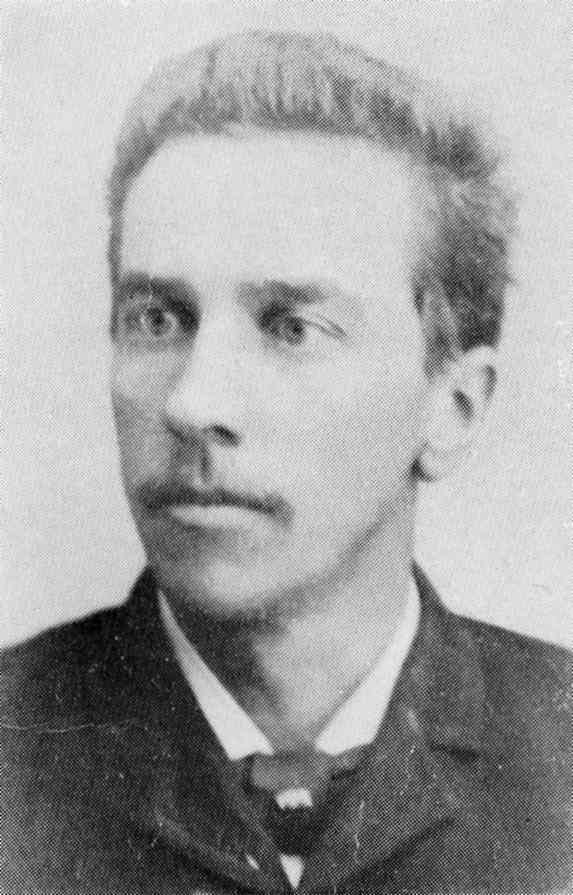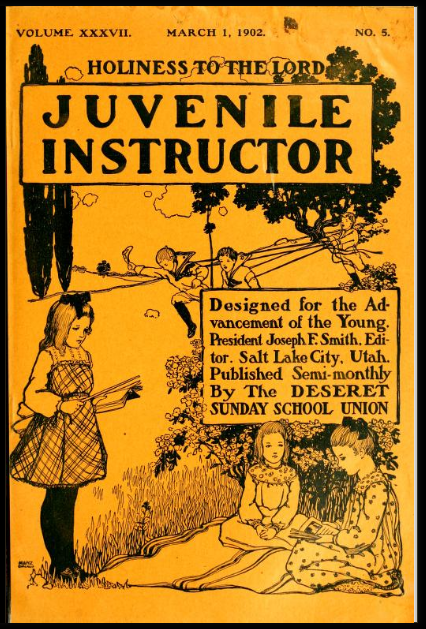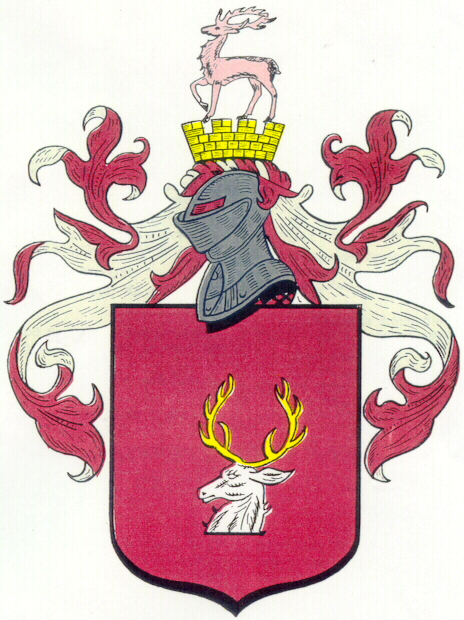
David Pile Felt

The Church of Jesus Christ of Latter-day Saints
The Juvenile Instructor
1 March 1902
Author: Elder David P Felt
Note: The Juvenile Instructor was an official periodical of The Church of Jesus Christ of Latter-day Saints (LDS Church) between 1901 and 1929. The magazine began publication in 1866 as a private publication but by the late 1860s served as the de facto official publication of the LDS church’s auxiliary Deseret Sunday School Union. In 1929, the LDS Church replaced it with The Instructor. https://en.wikipedia.org/wiki/Juvenile_Instructor

If an Elder leaves home in any way deficient in faith or without a full reliance on God, he will soon have those feelings developed to a remarkable degree, if he will but give the spirit of faith a chance to manifest itself.
The Elders of the Southern States are expected to fulfill the injunction that Christ gave to His disciples when He sent them out two by two.His words were: “Provide neither gold, nor silver, nor brass in your purses, nor scrip for your journey, neither two coats, neither shoes, nor yet staves: for the workman is worthy of his meat.”
(Matt. 10: 9, 10.)
On one occasion, in the month of October, when my companion and I had walked about thirty-one miles among the flats and marshes of Mississippi, most of the distance through a drizzling rain, we came to a warm and comfortable fire in the woods. The man in charge was busy boiling sugar-cane juice into molasses. His name was Allen Ruttledge, of Cartersville, near Iuka; he was an eas}-going man, with a kindly gray eye and jolly temperament. He had accumulated a comfortable income by hard work and strict integrity; was loved by all in the neighborhood, with the possible exception of the local preacher, who looked upon him with some little distrust, for the reason that Mr. Ruttledge was very prone to ask peculiar questions that were not easily answered. We informed Mr. Ruttledge that we were missionaries of the Gospel, in search of entertainment for the night, and, if convenient, would like to remain at his home.
He gravely answered that he would have to refer us to his wife, who, he said, “run his house.”
He continued: “She never turns a stranger away,” and he believed it would be alright with her. We here supplemented the information that we were what are commonly called “Mormons,” not desiring him to labor under the apprehension that we were the “orthodox preachers.”
“Oh well,” said he, “she won’t even turn you all out; and I can’t get home till twelve o’clock tonight. So go along up and see her.”
We dragged our weary selves up to the house, about half a mile, and there n response to our knock heard a cheery cry of “come in, supper will soon be ready” We were somewhat surprised at this, as we had not seen the lady, and wondered how she had learned of our coming. We afterwards found out that one of Mr. Ruttledge’s employees had preceded us and imparted the news of our coming; thus accounting for her knowledge of this fact..
Oh! if one can realize the joy of this kind of a welcome he must travel in the mission field for days at a time, living on corn-bread, molasses, fat bacon and greens, sometimes a chunk of white butter, some sweet potatoes or onions. Often a cold refusal and a night under the stars is the bill of fare.
On this occasion the welcome was supplemented with a strong smell of cooking,—fried mutton and coffee. We entered one of the most pleasant of homes, where an agreeable little woman was bustling around making a special supper for the “Mormon preachers,” her own supper having been over some hours.
Mrs. Ruttledge was one of those sharp- featured, brisk little bodies, who is always in attendance on the sick in the neighborhood, dresses the dead, arranges the funeral functions, or is leader in the local prayer meetings, the church fair and the social, known by all and loved by almost every one.
It is needless to say we were hungry, cold and tired and that we spent a most enjoyable time with Sister Ruttledge after explaining our mission to willing and sympathetic ears, though she was an active member of the Methodist Church, but one of the liberal kind, whom I am sure God will reward. The next morning we left, with a hearty request to come again, she telling us that she knew we w.ere servants of God and. that what had taught at her house “were God’s* truths, clearer than she had ever heard them before.
We passed on, feeling that we had done a good work, and that this man and his wife were children of God and that His Spirit had found an abiding place therein.
It was about a month before we had occasion to again be in this neighborhood; and, even though it was necessary to walk at least ten miles to visit the family, we looked forward with great pleasure to the prospects of again crossing the threshold of this cheerful home.
We jogged on in joyful anticipation of again eating fresh meat and having plenty of rich milk to drink, with white flour biscuits, and that kind, motherly welcome which we felt sure was awaiting us.
We passed into the yard without an inkling of any trouble or sickness, except that the house appeared to be in darkness and an unaccountable gloom seemed to pervade; that the usual cheeriness did not seem to prevail. We proceeded to the house, and, on knocking, were pained to hear a very faint response to our knock requesting us to “come in.”
We entered and there we found our dear friend stretched out on a bed of sickness, hardly strong enough to bid us welcome, but apparently very glad ta see us again
After expressing our sincere regrets at her serious condition, we felt that we had no business to intrude, and were preparing to proceed on our way, even though we had then walked over twenty miles, when she faintly bade us to remain, saying that her husband, who was. out in the yard, would soon be in and could cook some corn-bread, and “manage somehow” to get something to eat, and that we could find a bed to sleep.
We were indeed grateful for this much, and, aftergreeting Mr. Ruttledge, who later came in, we made our preparations to remain over, as it had now begun to rain.
It is customary for Elders to adjourn to the woods, or some other quiet place, and engage in joint and secret prayers, and oh this occasion when we went outside I suggested to my companion the advisability of offering a special prayer in behalf of our sick hostess.
The suggestion was gladly adopted and we stood out in the rain, near the gate, removing our hats, offered a most fervent prayer in her behalf, urging, in our petition, the fact of her past kindness to us,, her very evident honesty of purpose, and, withal, her genuine goodness of heart.
We finished our petitions and repaired to the house, expecting to go to bed hungry, or enjoy a “bachelor’s repast” of corn-bread and milk, prepared by Mr. Ruttledge; but what was our delight and pleasure to find our sister, who had been lying sick and helpless for three days, just finishing dressing, she remarked that for some reason she felt so much better that she would try to get up and prepare us some supper. Mr. Ruttledge was possibly the most surprised man to be found, as he said when his wife did go to bed she was always “sick in earnest,” and he could not understand Jier sudden improvement.
We did not enlighten him, nor did we his wife, as to our prayers in her behalf, but we believe she had an idea of something of the kind, for she remarked after we went out she felt so much better that she thought she would try to get up at least to make it more comfortable for us. Indeed, she did so, and we can never forget this supper either—the cold lamb, hot biscuits and dainty jellies that were brought out. After preparing our supper she retired to rest, inviting us to have prayers .with them, with which, of course, we gladly complied. , The next morning she was up bright and early to prepare our breakfast, after which, at parting, she warmly asked us to come back again whenever we might be in the locality ,and to pray for her. J This experience was indeed a convincing proof to us that God would answer our prayers, even without the recipients of the blessings being a party to the transaction as to faith.
